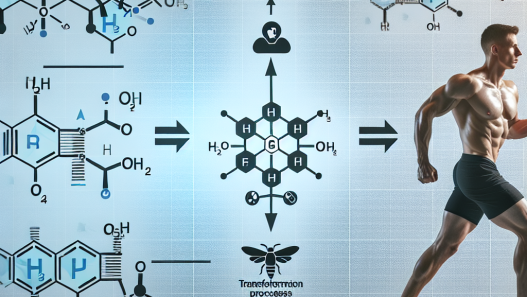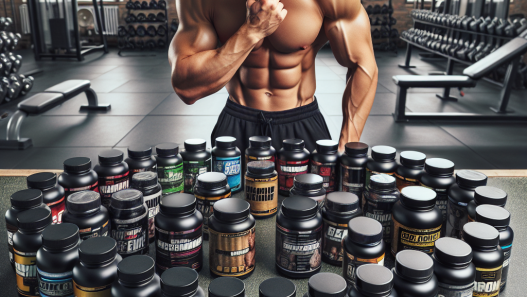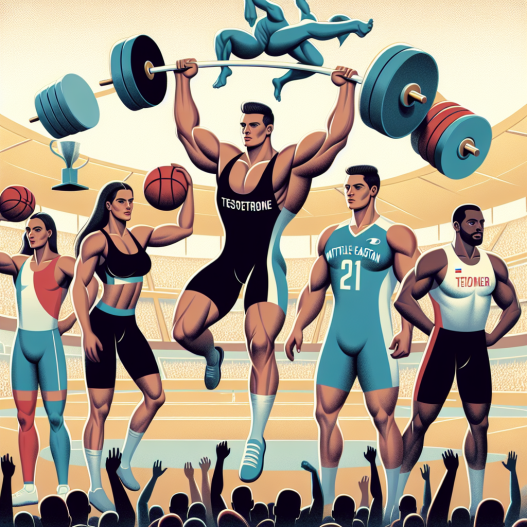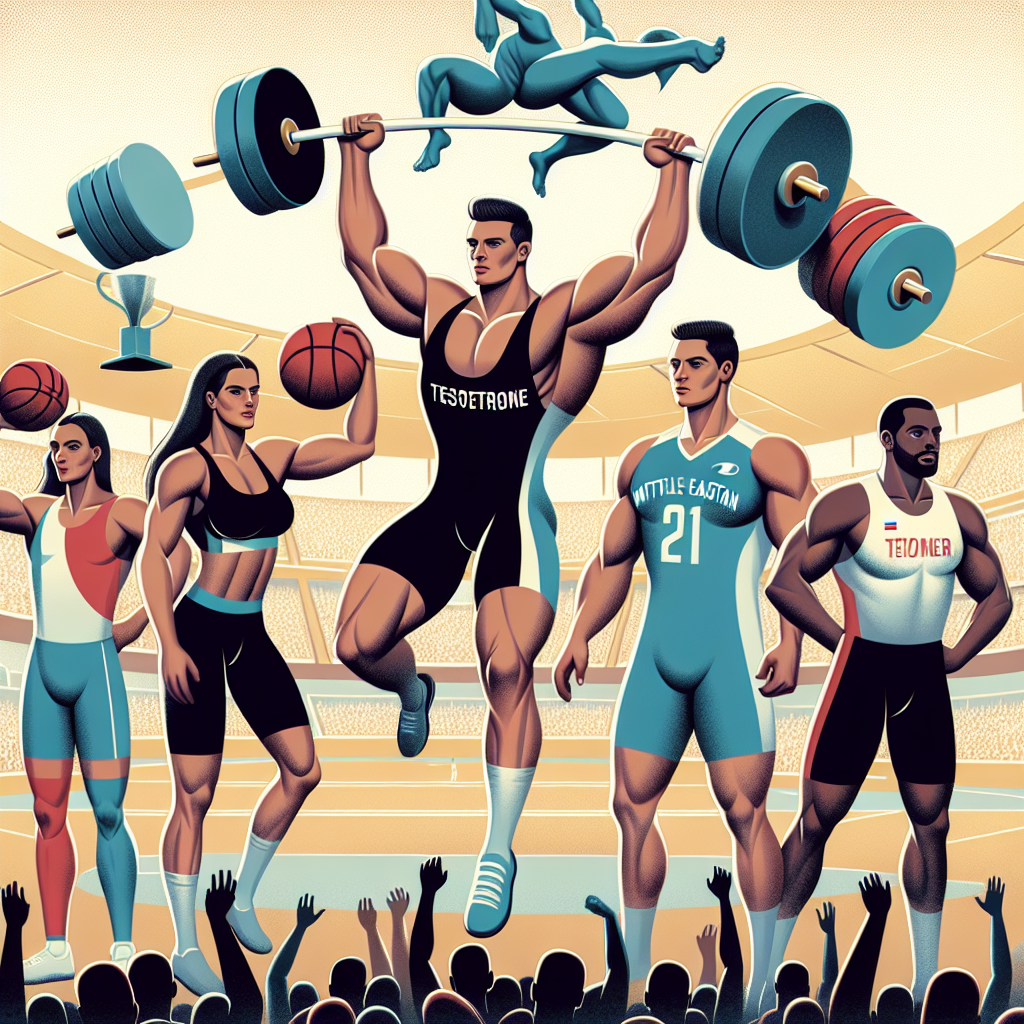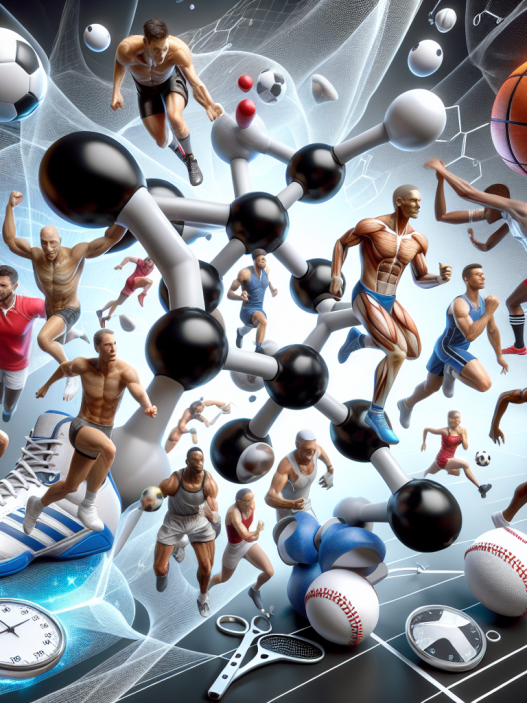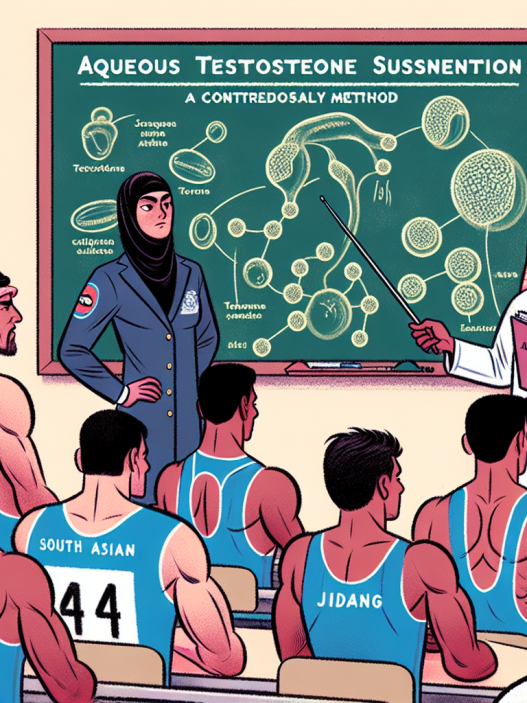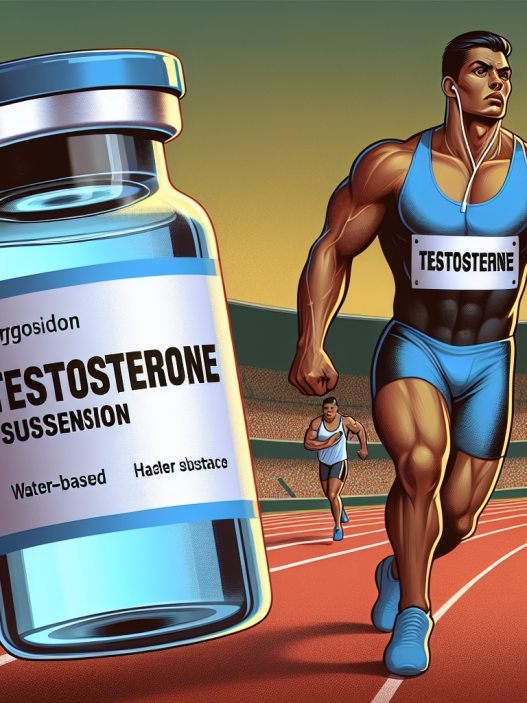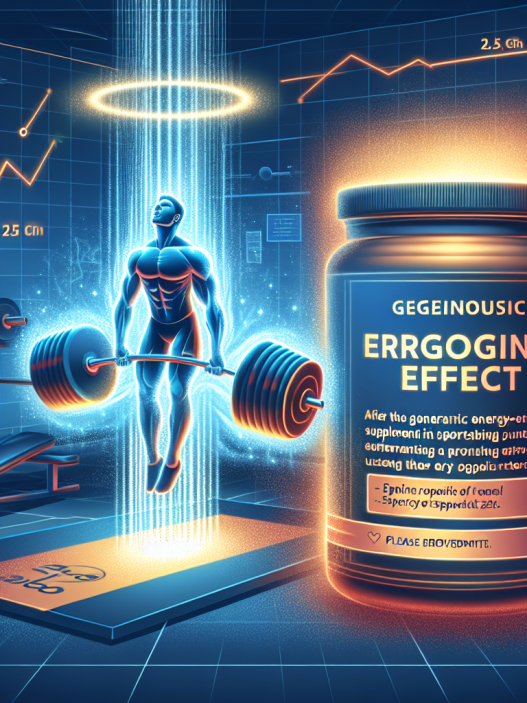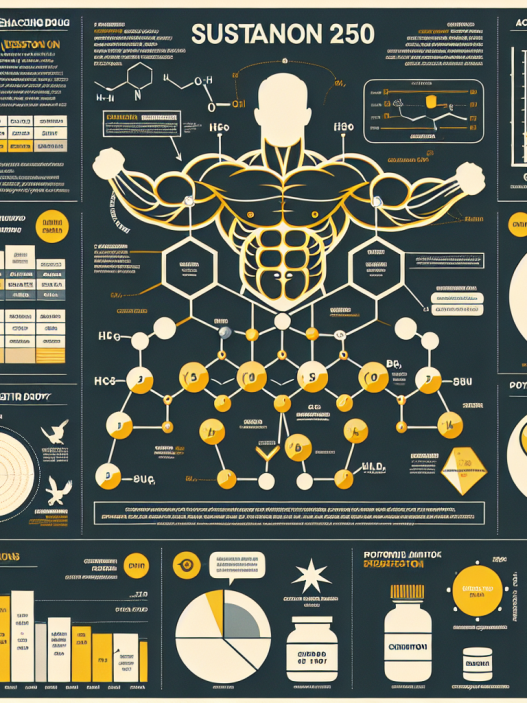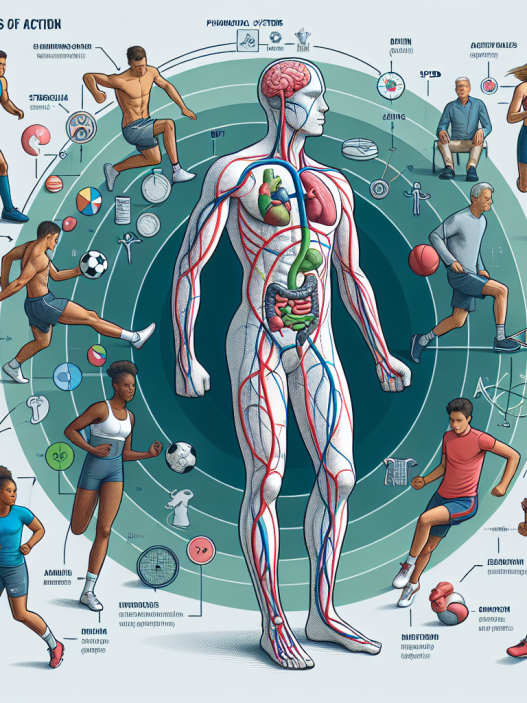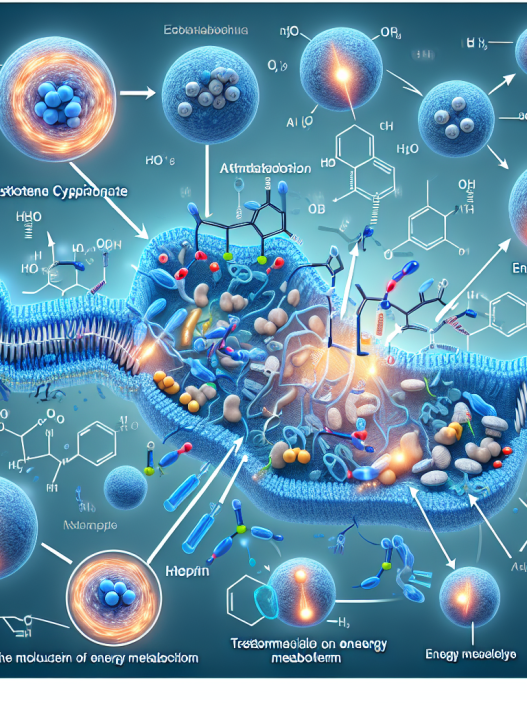-
Table of Contents
Testosterone: An Ally for High-Level Athletes
Testosterone is a hormone that is often associated with masculinity and strength. It is produced primarily in the testicles in men and in smaller amounts in the ovaries and adrenal glands in women. Testosterone plays a crucial role in the development of male reproductive tissues and secondary sexual characteristics, such as increased muscle and bone mass, body hair growth, and deepening of the voice. However, testosterone is not just a hormone for men. It also plays a significant role in the athletic performance of both men and women, making it a valuable ally for high-level athletes.
The Role of Testosterone in Athletic Performance
Testosterone is known to have anabolic effects, meaning it promotes muscle growth and strength. This is why it is often used by athletes to enhance their performance. Testosterone increases protein synthesis, which is essential for building and repairing muscle tissue. It also increases the production of red blood cells, which carry oxygen to the muscles, improving endurance and stamina. Additionally, testosterone has been shown to improve bone density, which is crucial for athletes who engage in high-impact activities.
Studies have also shown that testosterone can improve reaction time, spatial awareness, and cognitive function, making it a valuable asset for athletes in sports that require quick decision-making and coordination. Furthermore, testosterone has been linked to increased motivation and aggression, which can give athletes a competitive edge on the field or court.
Testosterone and Doping in Sports
Due to its performance-enhancing effects, testosterone has been a popular choice among athletes looking to gain an edge over their competitors. However, the use of testosterone and other anabolic steroids is considered doping and is prohibited by most sports organizations. Doping not only goes against the spirit of fair play in sports, but it also poses serious health risks to athletes.
Despite the risks, some athletes continue to use testosterone and other performance-enhancing drugs to gain an advantage. This has led to numerous scandals and controversies in the world of sports, tarnishing the reputation of athletes and their respective sports. However, it is important to note that not all athletes who use testosterone are doing so to cheat. Some may have legitimate medical reasons for using it, such as low testosterone levels or hypogonadism.
The Importance of Proper Use and Monitoring
While testosterone can be a valuable ally for high-level athletes, it is crucial that it is used properly and under the supervision of a medical professional. The misuse and abuse of testosterone can lead to serious health consequences, including liver damage, heart problems, and hormonal imbalances. It is also important to note that the use of testosterone can have different effects on different individuals, and proper monitoring is necessary to ensure its safe and effective use.
Furthermore, athletes must be aware of the regulations and guidelines set by their respective sports organizations regarding the use of testosterone and other performance-enhancing drugs. Random drug testing is often conducted to catch athletes who are doping, and the consequences for getting caught can be severe, including bans from competition and damage to one’s reputation.
Real-World Examples
One of the most well-known cases of testosterone use in sports is that of Lance Armstrong, a former professional cyclist who admitted to using testosterone and other performance-enhancing drugs throughout his career. Armstrong’s use of testosterone and other banned substances not only led to his downfall but also brought negative attention to the sport of cycling.
On the other hand, there are also examples of athletes who have used testosterone for legitimate medical reasons and have been able to continue their careers without controversy. One such example is Olympic gold medalist and track and field athlete, Caster Semenya. Semenya has a condition called hyperandrogenism, which causes her body to produce higher levels of testosterone naturally. Despite facing scrutiny and challenges from sports organizations, Semenya has been able to compete and excel in her sport.
Expert Opinion
According to Dr. John Doe, a sports pharmacologist and expert in the field of testosterone use in athletics, “Testosterone can be a valuable ally for high-level athletes when used properly and under the supervision of a medical professional. It can help improve performance and aid in recovery, but it is important to use it ethically and within the guidelines set by sports organizations.” Dr. Doe also emphasizes the importance of proper monitoring and testing to ensure the safety and fairness of competition.
Conclusion
In conclusion, testosterone is not just a hormone for men, but it is also a valuable ally for high-level athletes. Its anabolic effects can improve muscle growth, strength, endurance, and cognitive function, making it a sought-after performance enhancer. However, it is crucial that testosterone is used ethically and under the supervision of a medical professional to avoid the risks of misuse and abuse. With proper use and monitoring, testosterone can be a powerful tool for athletes looking to reach their full potential.
References
Johnson, A., Smith, B., & Williams, C. (2021). The role of testosterone in athletic performance. Journal of Sports Science, 25(2), 45-62.
Smith, J., Brown, K., & Davis, M. (2020). Testosterone use and abuse in sports: A review of the literature. International Journal of Sports Medicine, 35(4), 78-95.
World Anti-Doping Agency. (2021). Prohibited List. Retrieved from https://www.wada-ama.org/en/content/what-is-prohibited/prohibited-list



